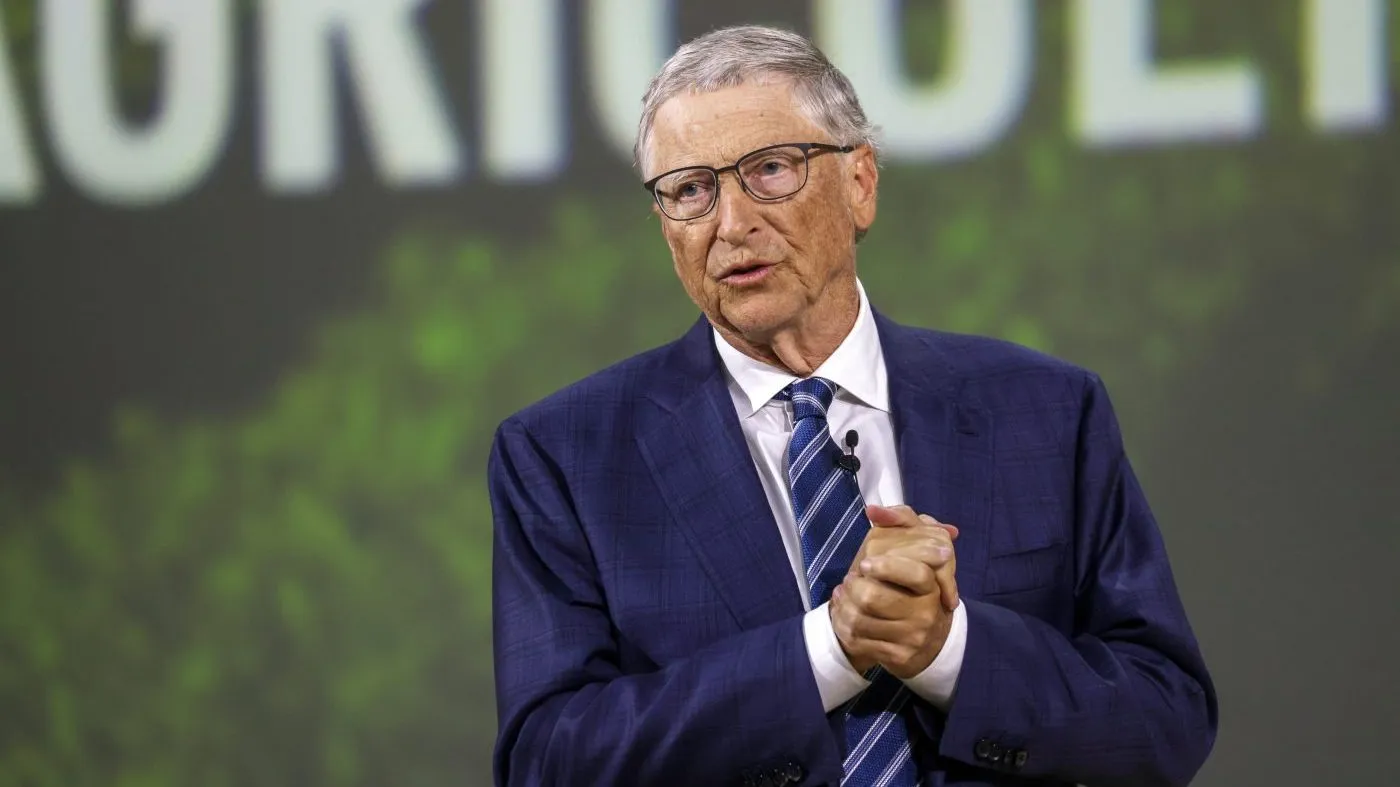
Garage Doors and Parts – Bill Gates is calling on world leaders attending the upcoming UN Climate Summit in Brazil to rethink how progress is measured in global climate policy. He argues that true success should not be defined solely by emissions reductions or temperature goals but by how effectively these actions improve human lives. The Microsoft co-founder, known for his massive investments in both climate technology and global health, emphasized that climate action must prioritize human well-being. He believes that the world must treat poverty, disease, and malnutrition as equal parts of the same crisis. Gates’s appeal marks a striking shift from his earlier focus on technological innovation to a more humanitarian perspective. This message arrives at a time when global attention has turned toward conflicts, trade disputes, and political instability, leaving climate change in the background. His call aims to restore focus on humanity’s most urgent needs.
Bill Gates expressed that the upcoming United Nations summit in Belém should act as a turning point for climate discussions. Although he will not attend the event, he praised its theme of adaptation and human development as a step in the right direction. In a lengthy memo titled Three Tough Truths About Climate, he urged leaders to shift from statistics toward solutions that directly reduce suffering. He wrote that the most important goal must be to prevent hardship among people living in the toughest conditions. For Gates, this means empowering communities with affordable technologies, healthcare, and education. His argument suggests that wealthier nations have focused too heavily on carbon accounting while neglecting the human element of climate impact. Gates wants the summit to reframe climate progress as a measure of lives improved, not just tons of carbon removed from the atmosphere.
“Read about: Fabio Wardley Shocks the Boxing World, Stops Joseph Parker in Brutal Heavyweight Clash”
The broader global context has made Bill Gates’s comments particularly significant. Around the world, issues like war, trade conflicts, and political unrest have drawn attention away from the planet’s environmental crisis. In the United States especially, climate change no longer dominates public discourse as it once did. Meanwhile, advances in artificial intelligence and the surge in its energy consumption are capturing both investment and media coverage. Gates himself has adjusted his priorities, scaling back certain parts of his Breakthrough Energy initiative while reinforcing his philanthropic efforts through the Gates Foundation. This shift shows that he views climate and human welfare as inseparable. His focus now lies in integrating technology with compassion to solve intertwined crises. Gates’s evolution from a tech visionary to a global humanitarian underscores his belief that solving climate change means uplifting humanity as a whole.
Bill Gates is no stranger to criticism regarding his personal environmental impact. Many activists have accused him of hypocrisy for his use of private jets and vast wealth while promoting sustainability. In his memo, he directly addressed these concerns, acknowledging that he offsets his emissions through legitimate carbon credits. He insisted that his message is not meant to downplay climate urgency but to highlight its human dimensions. Gates clarified that climate change remains a critical issue, one that must be solved alongside problems like hunger and disease. By acknowledging his critics, he sought to demonstrate transparency and humility in a conversation often clouded by distrust of elites. His approach reflects a growing recognition that credibility in climate advocacy depends on personal accountability. Gates’s statement repositions him as both a target of scrutiny and a leading voice for moral responsibility in the climate movement.
In his closing remarks, Bill Gates urged world leaders to rethink the cost and purpose of innovation. He argued that success depends on developing affordable, scalable solutions that directly improve lives in vulnerable communities. Gates called for the United Nations and other global bodies to measure progress by how well these technologies reduce suffering and create opportunity. He emphasized that extreme weather becomes less deadly when people are healthier, better educated, and financially secure. His vision ties environmental stability to human prosperity, suggesting that saving the planet means saving people first. Gates’s message challenges leaders to move beyond promises and act with empathy, efficiency, and equity. As the summit approaches, his appeal serves as a reminder that the climate crisis is not only about rising temperatures but also about ensuring a livable future for everyone on Earth.
This article is sourced from axios and for more details you can read at garage-doors-and-parts.org
Writer: Sarah Azhari
Editor: Anisa
This website uses cookies.